Shielding The Blue Planet: The Future Of Asteroid Defense

Introduction
The possibility of an asteroid strike looms over our civilization like the proverbial sword of Damocles. We only have to look back at the Chelyabinsk meteor that exploded over Russia in 2013, damaging buildings and injuring over 1,000 people, to realize the gravity of the situation. The threat posed by asteroids is real, and it is time for us to take it seriously. In this article, we will explore the latest technologies and strategies being developed to protect our planet from these celestial bullets.
Asteroid Detection
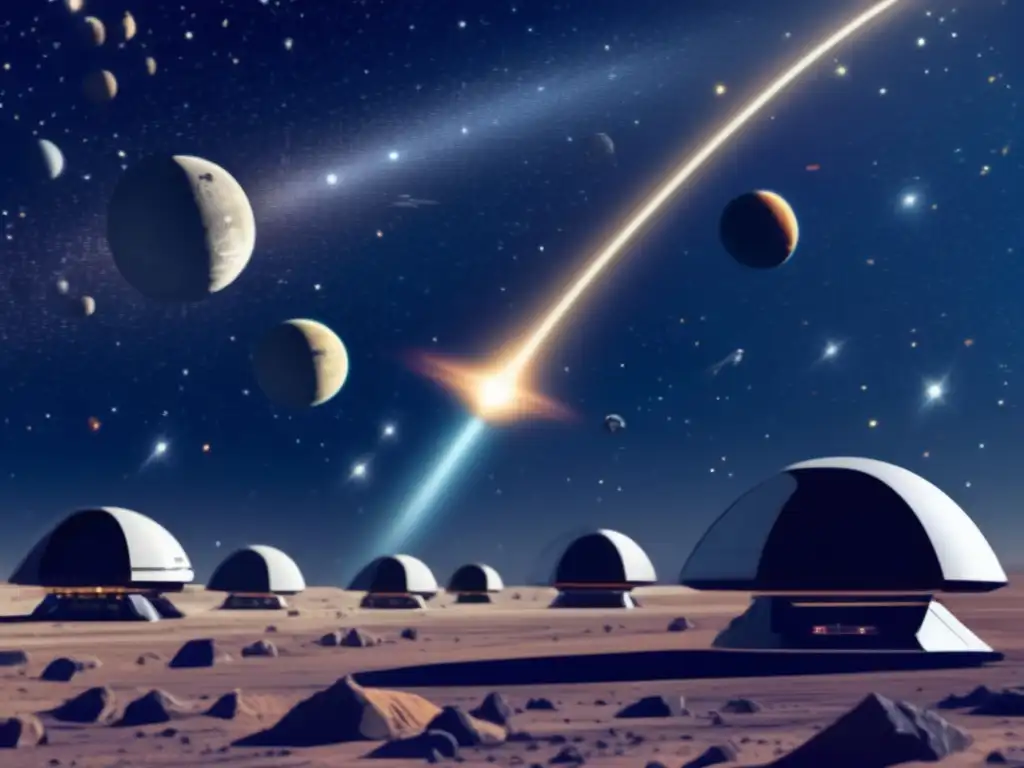
The Importance of Detecting Asteroids Early
The key to protecting our planet from a catastrophic asteroid impact is early detection. The sooner we know about a potential threat, the more time we have to prepare and respond. Several space agencies, including NASA, have asteroid detection programs in place that are constantly scanning the skies for new objects. NASA's Near-Earth Object Observations Program has detected over 95% of asteroids larger than 1 kilometer and is now focusing on finding smaller, but still dangerous, asteroids.
New Technologies for Asteroid Detection
New technologies are being developed to improve asteroid detection and tracking. One such technology is the Large Synoptic Survey Telescope (LSST), which will be able to survey the entire sky every few nights and detect fainter and smaller asteroids. Another promising technology is the NEOCam mission, which will use infrared imaging to detect asteroids that are currently invisible to telescopes.
Cooperation Among Nations
Asteroid defense is a global issue that requires international cooperation. The United Nations has established the International Asteroid Warning Network (IAWN) and the Space Mission Planning Advisory Group (SMPAG), which bring together experts from different countries to share information and coordinate asteroid defense efforts.
Asteroid Deflection
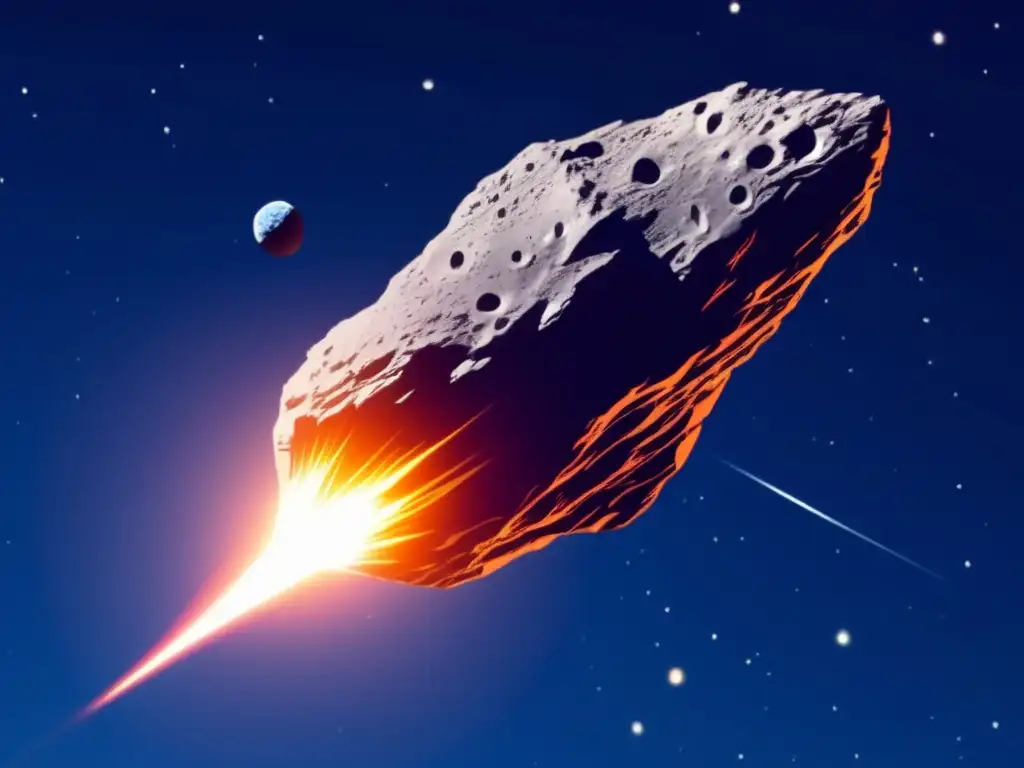
The Need for Asteroid Deflection
If an asteroid is detected heading towards Earth, the next step is to deflect it away from our planet. Several methods have been proposed for asteroid deflection, but none have been tested in a real-life scenario yet. The importance of developing effective deflection technologies cannot be overstated, as the consequences of a large asteroid impact would be catastrophic.
Kinetic Impactors
One of the most straightforward and tested methods of asteroid deflection is the use of a kinetic impactor. This involves sending a spacecraft to collide with the asteroid, changing its trajectory by a small amount. NASA's Double Asteroid Redirection Test (DART) mission, which is scheduled for launch in 2021, will be the first test of this method on a real asteroid.
Gravity Tractor
Another proposed method is the gravity tractor, which involves sending a spacecraft to fly close to an asteroid and use its gravitational pull to gradually alter the asteroid's orbit. This method has not been tested yet, but it has the advantage of being able to deflect larger asteroids than kinetic impactors.
Asteroid Mining
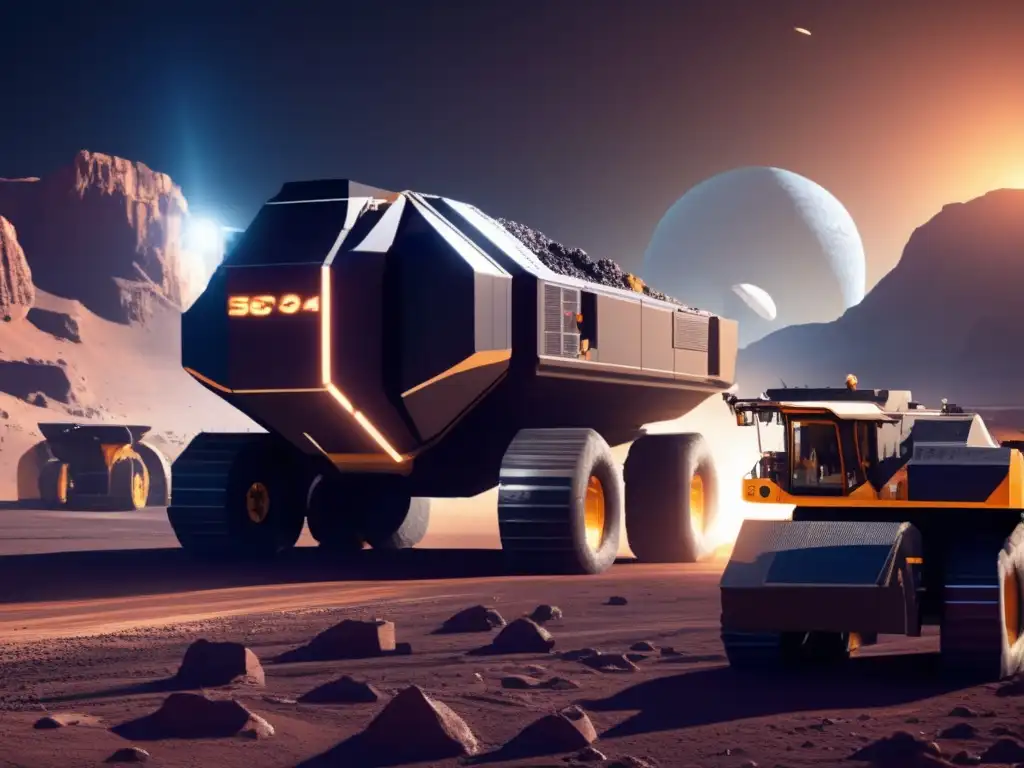
The Benefits of Asteroid Mining
Mining asteroids for resources may seem like science fiction, but it is a viable and potentially lucrative industry that could also help protect our planet. By mining asteroids for minerals such as platinum, gold, and iron, we would reduce our dependence on Earth's natural resources and pave the way for space exploration. Additionally, the technologies and infrastructure developed for asteroid mining could be repurposed for asteroid defense.
The Threat of Unregulated Mining
However, there are concerns about unregulated asteroid mining leading to environmental damage and conflicts over ownership. The Outer Space Treaty of 1967 prohibits nations from claiming celestial bodies as their own, but it does not cover private companies. To ensure responsible and sustainable asteroid mining, international regulations need to be put in place.
The Future of Asteroid Mining
Despite these challenges, the potential benefits of asteroid mining are too great to ignore. Several private companies are already exploring the possibilities, and NASA has plans to launch its asteroid mining mission in the mid-2020s.
Frequently Asked Questions
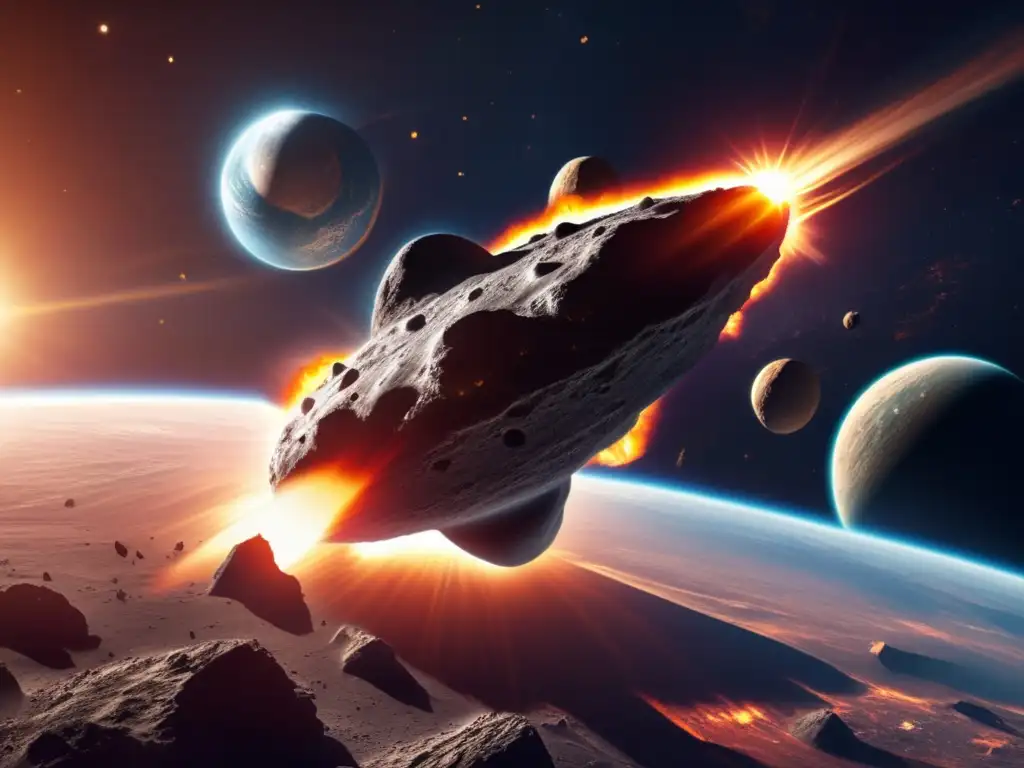
-
Can we detect all asteroids that could pose a threat to Earth?
No, we cannot detect every single asteroid that could pose a threat to Earth. However, we are constantly improving our detection technologies and methods to increase our chances of spotting potential threats early.
-
What is the likelihood of an asteroid impact in the near future?
The likelihood of an asteroid impact in the near future is low, but the consequences of such an impact would be catastrophic. It is imperative that we continue to invest in asteroid defense technologies and strategies.
-
How much would it cost to develop effective asteroid defense technologies?
The cost of developing effective asteroid defense technologies is difficult to estimate, but it is likely to be in the billions of dollars. However, the cost of not developing these technologies could be far greater.
-
What can I do to help protect our planet from asteroid impacts?
You can support space agencies and organizations that are working on asteroid defense, stay informed about the latest developments in the field, and advocate for international cooperation and regulations for asteroid mining and defense.
-
Is asteroid mining ethical?
This is a complex question that requires careful consideration. While asteroid mining has the potential to benefit humanity, it also raises concerns about environmental damage and conflicts over ownership. It is important that we approach asteroid mining with responsible and sustainable practices.
Conclusion
The threat of asteroid impacts is real, but it is not insurmountable. With constant innovation and collaboration among nations, we can develop effective technologies and strategies to protect our planet from these celestial bullets. Asteroid mining presents both challenges and opportunities, but if approached responsibly, it could usher in a new era of space exploration and sustainability. We must remain vigilant and proactive in our efforts to shield the blue planet from the dangers of the cosmos.
Additional Resources
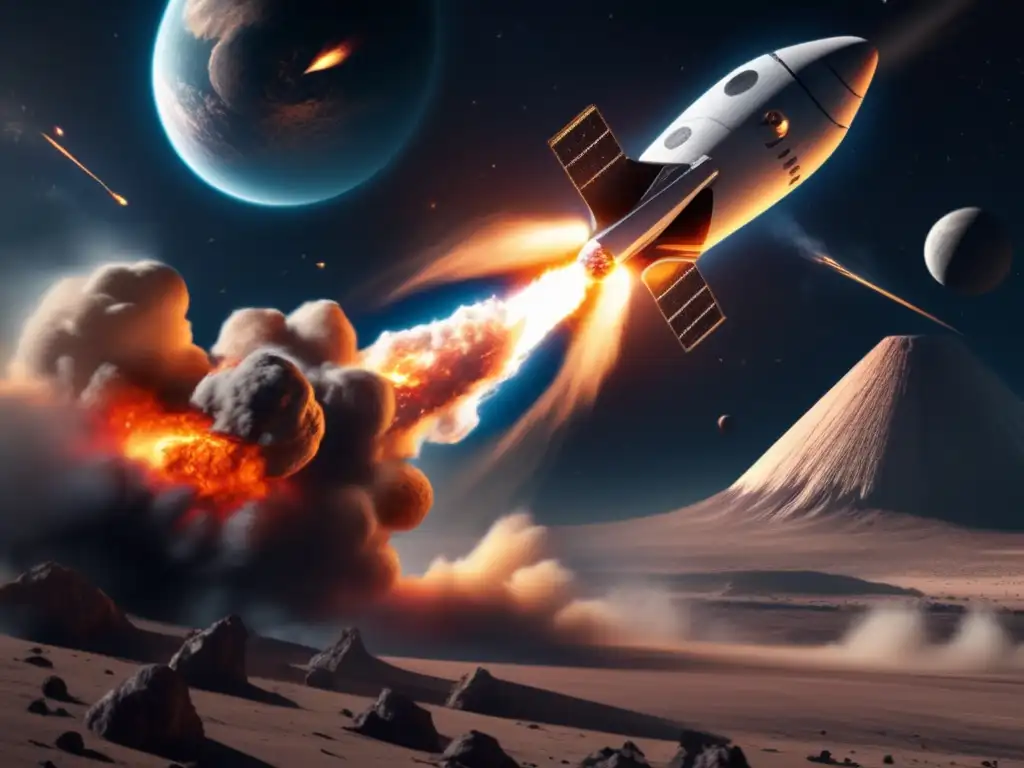
For more information on asteroid defense and related topics, check out the following resources:
- NASA's Center for Near-Earth Object Studies
- United Nations Office for Outer Space Affairs - Space Security
- NASA's Orbital Debris Program Office
- Mining.com - Asteroid Mining
 Ready For Impact: The Latest In Planetary Defense Strategies
Ready For Impact: The Latest In Planetary Defense Strategies The Battle Against Asteroids: Techniques For Planetary Defense
The Battle Against Asteroids: Techniques For Planetary Defense Guarding Against Galactic Threats: Strategies For Asteroid Defense
Guarding Against Galactic Threats: Strategies For Asteroid DefenseIf you want to discover more articles similar to Shielding The Blue Planet: The Future Of Asteroid Defense, you can visit the Planetary Defense category.
Leave a Reply

Articulos relacionados: